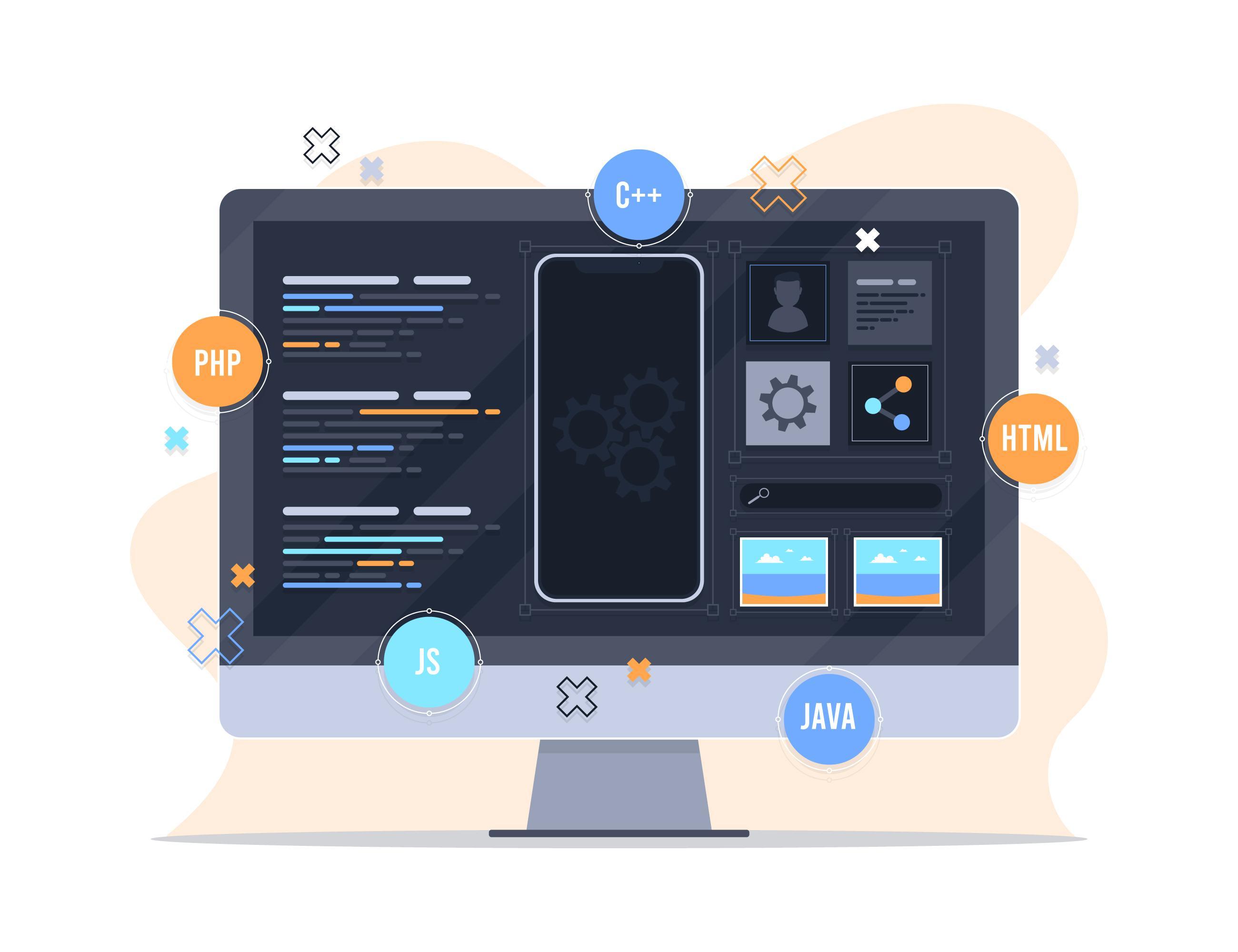Best Practices for Organizing Online Events: A Guide to Achieving Success
In the digital age, online events have become a crucial tool for businesses to engage with their audiences and provide valuable content in innovative ways. Whether it’s workshops, webinars, conferences, or training sessions, organizing a successful online event requires meticulous planning and strategic execution. This guide explores best practices for organizing online events effectively, including choosing the right platform, enhancing audience interaction, and delivering engaging, valuable content.
First: Choosing the Right Platform for the Event
Selecting the right platform to host an online event is one of the most critical decisions to ensure the event runs smoothly and successfully. There are many options available, each with its unique features suited for specific types of events.
Factors to Consider When Choosing a Platform:
- Audience Size: Ensure the platform can accommodate the expected number of participants. Some platforms support large audiences, while others are designed for smaller groups.
- Interactivity: If the event depends heavily on audience engagement, ensure the platform provides features like live chats, polls, Q&A sessions, and virtual meeting rooms.
- Ease of Use: Choose a platform with a simple and user-friendly interface to ensure a smooth experience for both organizers and attendees.
Examples of Online Event Platforms:
- Zoom: Ideal for webinars and meetings requiring video and audio interaction with the audience.
- Microsoft Teams: Great for corporate events and training sessions.
- Hopin: A comprehensive platform for organizing large conferences, supporting breakout rooms for discussions and interactions.
- YouTube Live: Suitable for live streaming large-scale public events.
Second: Pre-Event Planning and Technical Preparation
Before starting the event, it’s crucial to ensure that all technical aspects are ready for a seamless experience for all participants.
Essential Technical Preparation Steps:
- Test Equipment and Software: Ensure all technical tools, such as cameras, microphones, and internet connections, are working correctly well in advance. Rehearsals help avoid unexpected technical issues during the event.
- Prepare a Backup Plan: Always have contingency plans in case of technical difficulties. For example, have an alternative link ready in case of streaming failures or platform issues.
- Coordinate with the Technical Team: Communicate with the technical support team to ensure they are prepared to resolve any issues that might arise during the event.
Third: Delivering Valuable and Engaging Content
The success of an online event largely depends on delivering engaging and meaningful content that captures the audience’s attention and keeps them involved throughout the event.
Tips for Delivering Engaging Content:
- Define the Event’s Objective: Before preparing content, clarify the event’s primary goal. Is it to inform, train, or foster networking among attendees? A clear objective helps guide content creation.
- Diversify Content Presentation: Use various types of content, such as presentations, interactive videos, live chats, and Q&A sessions. Variety keeps the audience engaged and reduces boredom.
- Involve Expert Speakers: Hosting guest speakers or industry experts adds value and credibility to the event.
Fourth: Enhancing Audience Interaction
Engagement is a key component of any successful online event. Maintaining a high level of interaction can help boost participation and keep attendees connected throughout the event.
Ways to Enhance Interaction:
- Host Q&A Sessions: Dedicate time for interactive Q&A sessions where attendees can ask questions and receive direct responses from speakers or organizers.
- Use Polls and Surveys: These tools help gather immediate feedback from participants and can be used to improve future sessions.
- Real-Time Interaction: Use live chat or social media to encourage attendees to share their thoughts and reactions during the event.
- Breakout Rooms: Platforms like Hopin and Zoom offer breakout rooms for smaller group discussions or workshops, promoting more personal interactions.
Fifth: Marketing the Event Before and After the Event
Effective event marketing plays a significant role in ensuring wide participation and maintaining interest even after the event ends.
Tips for Marketing the Event:
- Promote via Social Media: Use platforms like Facebook, LinkedIn, and Twitter to promote the event well in advance. Create a dedicated hashtag and encourage attendees to use it to engage with the event.
- Send Reminder Emails: Reminder emails sent a few days or hours before the event help keep potential participants on track.
- Leverage Recorded Content: After the event, use video recordings and event content to create short videos or articles that can be shared, increasing brand awareness and attracting new audiences.
Sixth: Measuring Success and Analyzing Results
After the event concludes, it’s important to analyze its outcomes to ensure that the objectives were met and to improve future events.
Steps for Analyzing Event Results:
- Collect Engagement and Participation Data: Use the platform’s analytics tools to measure the actual number of participants, their level of engagement, and which parts of the event garnered the most attention.
- Analyze Attendee Satisfaction: After the event, send surveys to gather feedback and assess participant satisfaction regarding the organization and content.
- Review Event Goals: Compare the actual results with the goals set at the beginning of the event planning process. If the goals were not met, analyze why and create plans for improvement in future events.
Conclusion
Successfully organizing online events requires careful planning, from selecting the right platform and technical setup to delivering engaging content and maintaining audience interaction. By following these best practices, you can host impactful and successful events that meet your objectives and leave a lasting positive impression on your audience.
